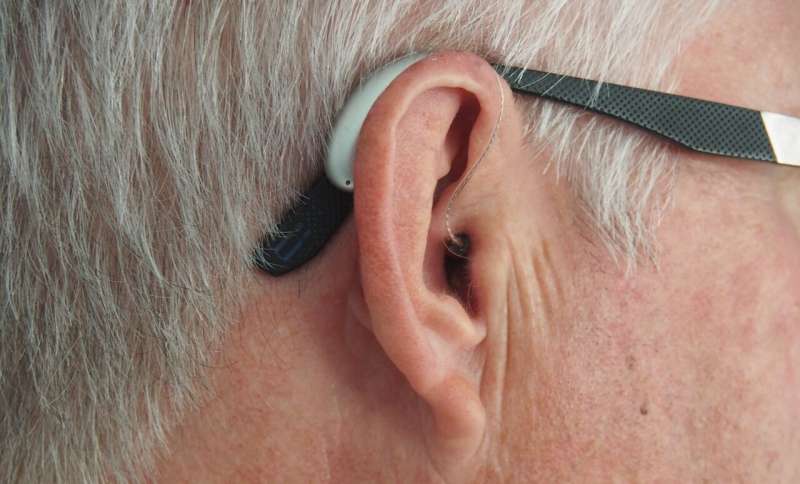Innovative AI Glasses Show Promise for Enhancing Hearing in Challenging Environments

Discover how cutting-edge AI glasses are transforming hearing support by filtering background noise in real-time, promising better social engagement for those with hearing loss. Source: https://medicalxpress.com/news/2025-08-ai-glasses-loss.html
Researchers from the University of Stirling are developing cutting-edge AI-powered glasses that could significantly improve hearing ability for individuals with hearing loss. This technology aims to address the limitations faced by traditional hearing aids, particularly in noisy and complex environments such as busy cafés, transport hubs, or workplaces.
The glasses utilize a built-in camera to monitor the speaker's lip movements, while a smartphone app employs 5G connectivity to transmit both visual and audio data to a powerful cloud server. Here, artificial intelligence isolates the target speaker's voice from background noise and transmits a cleaned-up sound back to the user's hearing aids or headphones with minimal delay. This method, known as audio-visual speech enhancement, leverages the close relationship between lip movements and speech, providing a more accurate and effective noise reduction.
This innovative approach surpasses existing noise-canceling technologies, which often struggle with overlapping voices or intricate background sounds. The project builds on a 2015 Stirling-led study and involves collaboration with Heriot-Watt University, Edinburgh Napier University, and the University of Edinburgh. Dr. Ahsan Adeel, an AI expert at Stirling, highlights the potential of this technology, emphasizing its move toward brain-inspired, biologically plausible hearing aids capable of real-time processing with high efficiency and privacy.
Despite still being in the prototype stage, initial tests with hearing aid users have shown promising results. The team is in discussions with manufacturers to reduce costs and expand accessibility, with ongoing efforts to collect diverse noise samples to refine the system. The vision is a future where such AI-enabled devices could be publicly available, offering personalized and highly effective hearing support for anyone in noisy settings.
Professor Mathini Sellathurai from Heriot-Watt underscores that this technology aims to enhance, not reinvent, hearing aids—giving users the ability to focus on specific sounds effortlessly and potentially supporting broader applications like assisting individuals in high-noise workplaces. The project represents a significant step toward biologically inspired, low-power, high-performance hearing solutions that could dramatically improve social participation for those with hearing impairments.
Stay Updated with Mia's Feed
Get the latest health & wellness insights delivered straight to your inbox.
Related Articles
Early Decline in Physical Activity and Its Link to Future Heart Disease
A decline in physical activity decades before symptoms can signal increased risk for heart disease. Early detection and intervention are crucial for prevention.
The Promise and Challenges of AI in Healthcare: A Gradual Transition
Artificial intelligence has the potential to revolutionize healthcare by enabling faster diagnoses and saving billions annually. However, widespread adoption will be gradual due to technical, ethical, and logistical challenges. Learn about the opportunities and hurdles in AI's integration into medicine.
High Risk of Sudden Cardiac Death in Male Bodybuilders, Especially Competitors
A significant number of sudden cardiac deaths have been reported among male bodybuilders, especially professionals, highlighting the health risks associated with extreme training and substance use. This research urges safer practices and medical supervision to protect athletes' heart health.
FDA Approves Widaplik Polypill for Hypertension Treatment
The FDA has approved Widaplik, the first triple-combination pill for initial hypertension treatment, offering improved blood pressure management with diverse dosing options.



